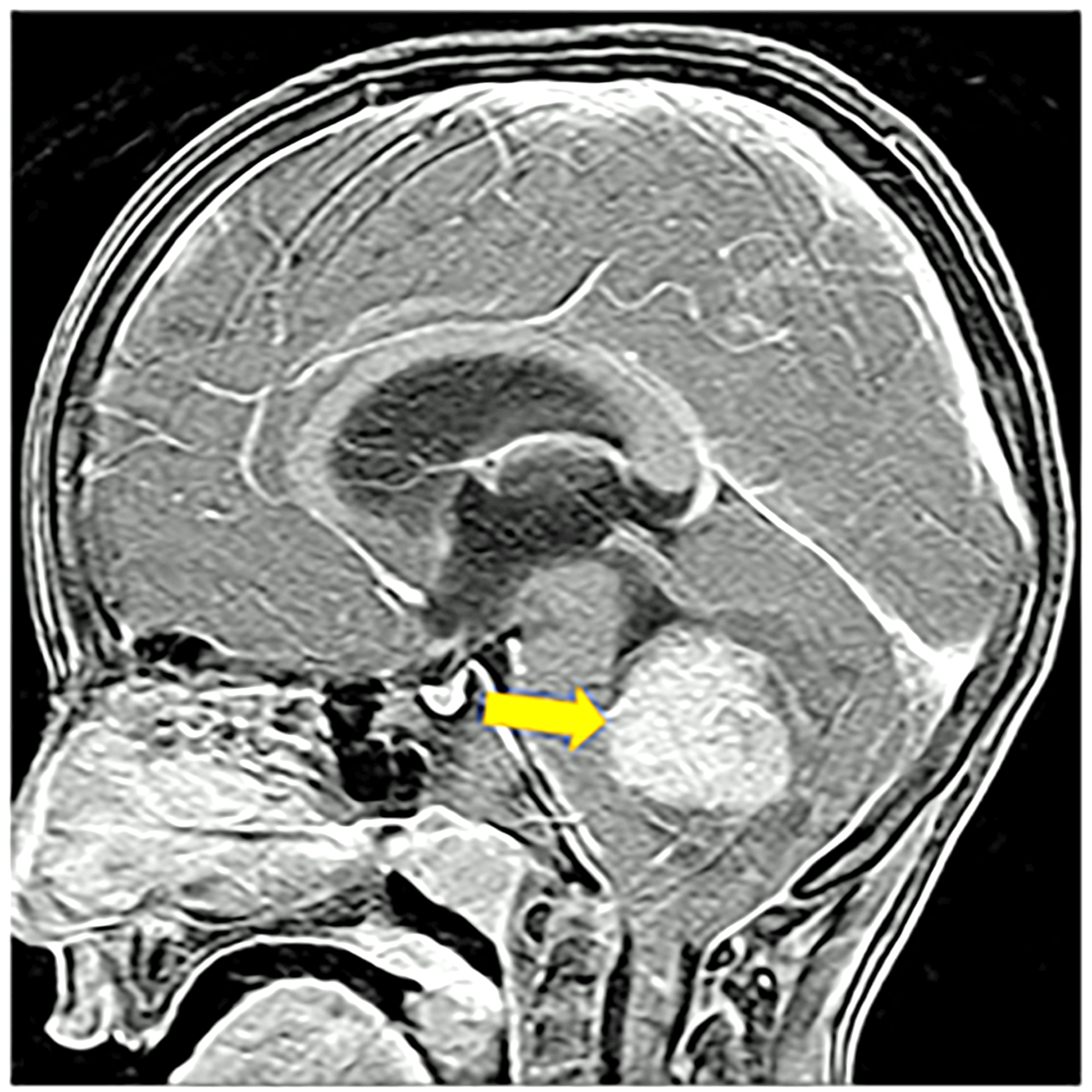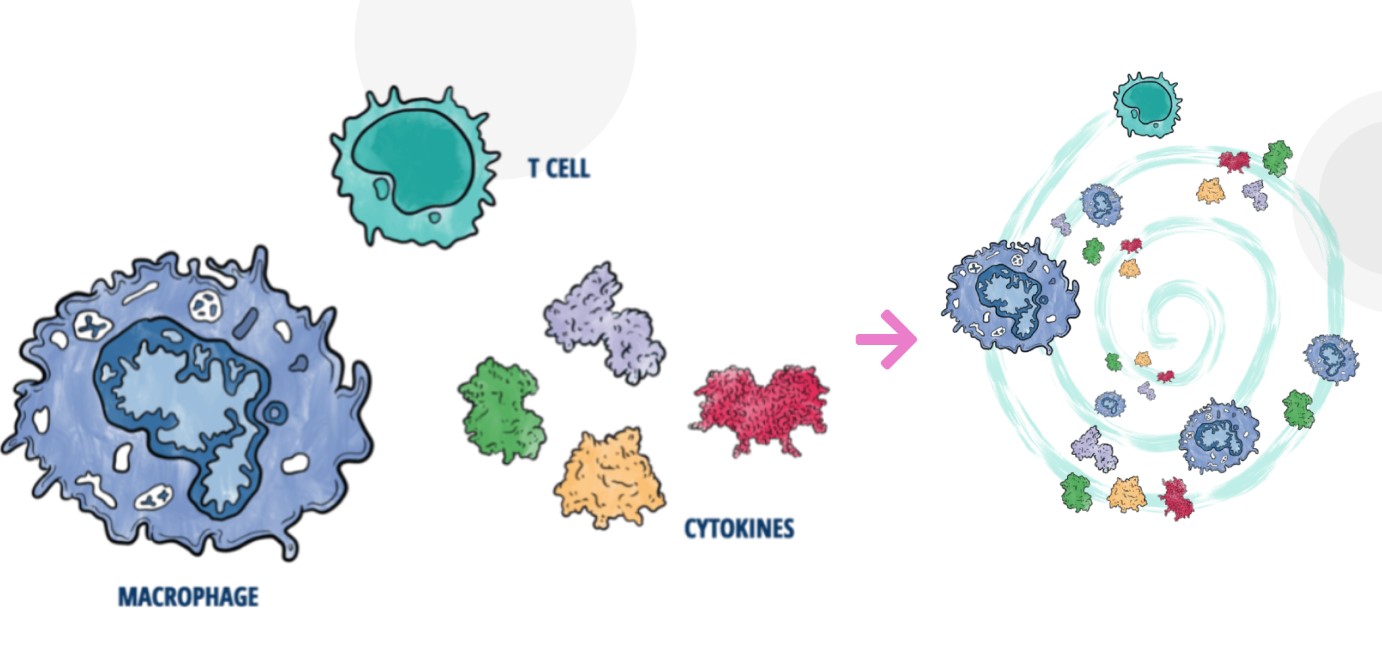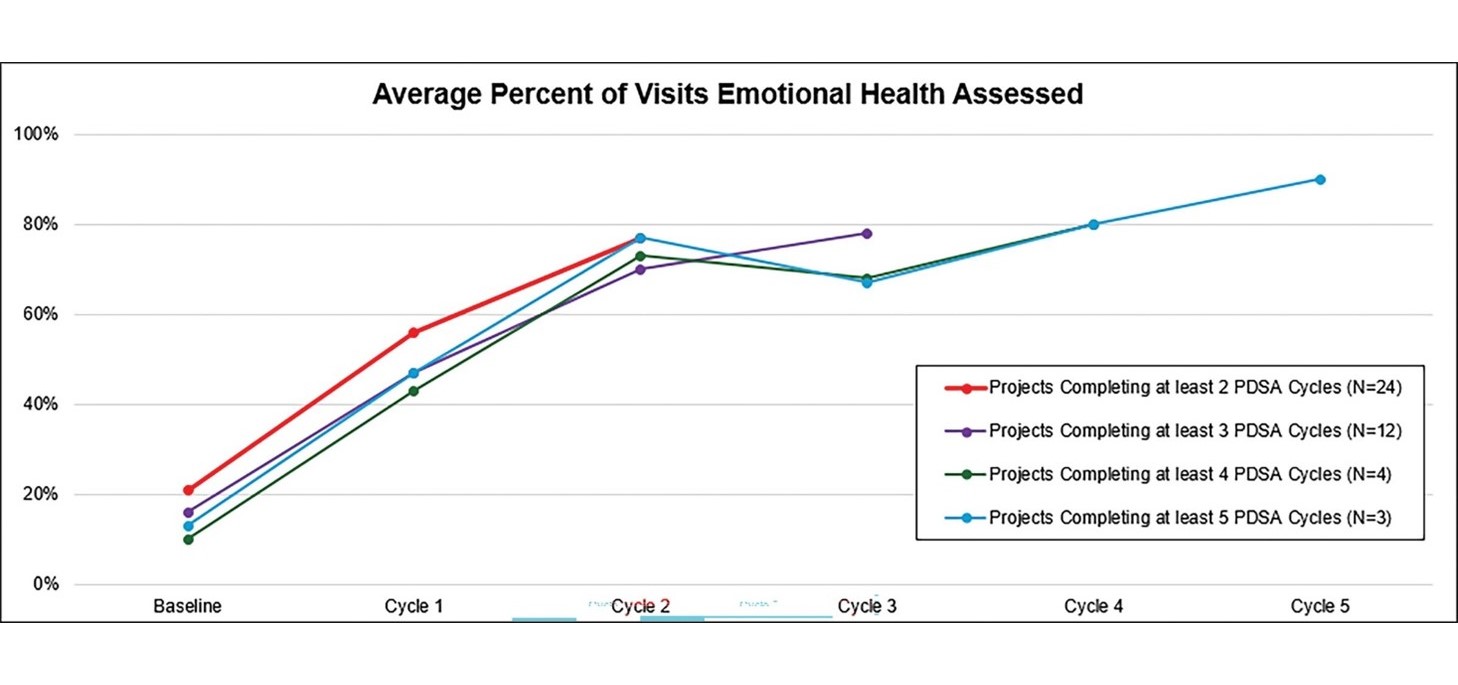Can a “Prodrug” Defeat Treatment-Resistant SHH-Medulloblastoma?
Research By: Q. Richard Lu, PhD
Post Date: August 29, 2019 | Publish Date: Aug. 29, 2019

A study published Aug. 29, 2019, in Cancer Cell used new forms of technology to find potential new ways to treat a deadly form of brain cancer.
Existing small-molecule inhibitors can target the oncogenic cascade pathways that cause SHH-medullablastoma tumor initiation and recurrence, says Q. Richard Lu, PhD, senior author and scientific director of the Brain Tumor Center at Cincinnati Children’s.
Read more about how immature oligodendrocyte progenitor cells in the brain—which can assume stem-cell-like qualities—grow out of control to form medulloblastoma tumors and about a “prodrug” concept that might stop the cascade.
| Original title: | Single-Cell Transcriptomics in Medulloblastoma Reveals Tumor-Initiating Progenitors and Oncogenic Cascades during Tumorigenesis and Relapse |
| Published in: | Cancer Cell |
| Publish date: | Aug. 29, 2019 |
Research By






